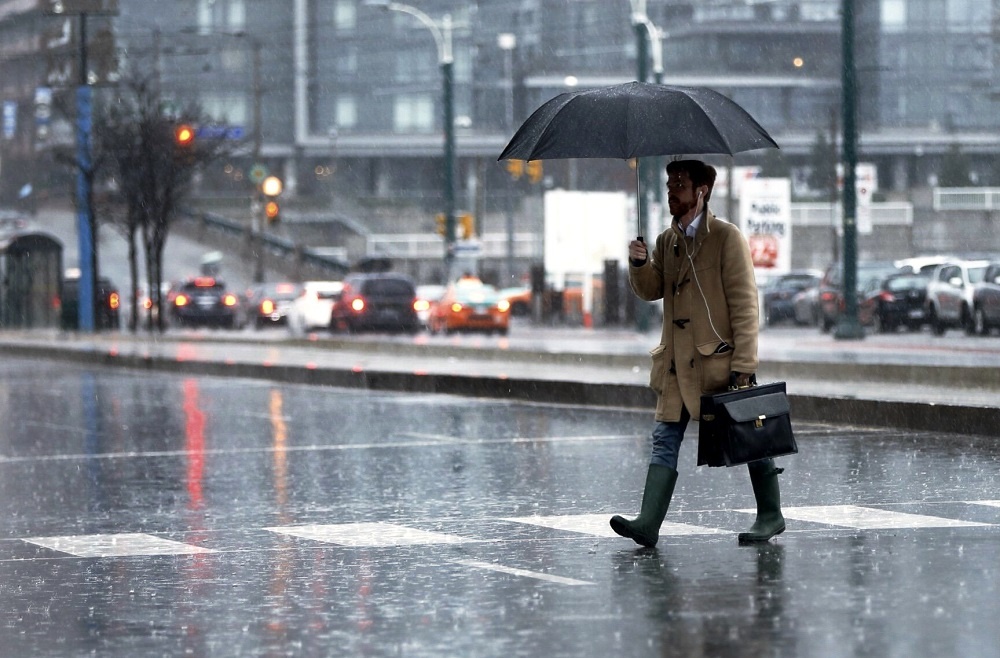A tale of two markets in Toronto and top economists weigh in on GTA housing situation.
Elsewhere: BMO says Canadian housing market facing decade of stagnation, HUD scales back fair housing enforcement and lessons from Europe's densest neighborhoods.
Toronto’s Tale of Two Markets Is Hot Condos and Cold Houses (Bloomberg)
It’s a tale of two housing markets in the Toronto area as Canada’s biggest city gears up for the crucial spring selling season: sales of big detached homes are slow, while condo deals are booming.
Top economists weigh in on NAFTA, home prices and the loonie (The Globe and Mail)
Benjamin Tal: “The market is adjusting and what we are doing now in the GTA, we are simply undoing [the gains from] 2016 and the first half of 2017. Can single family go another 5 to 7 per cent down? Absolutely it can over the next year but I think that the vast majority of the decline is already there."
Canada Housing Market Faces A Decade Of Stagnation: BMO (Huffington Post)
Canada's housing market is getting a big helping hand from house-hungry millennials, but that will come to an end in the next several years, bringing with it an era of stagnation, the Bank of Montreal predicts.
Foreign buyers are fueling housing price increases in Quebec (VICE)
But unlike Ontario and British Columbia, foreign buyers represent a very limited presence in Quebec. The vast number of property purchases in Quebec — 96.7 percent, in fact — involved residents of the province, while foreign buyers only accounted for one percent of all transactions, or 1307 purchases. The remaining 2.2 percent of purchases involves residents from other provinces.
$105-million real estate deal reveals hot Vancouver market’s inner workings (The Globe)
Two leading Vancouver developers are selling several adjacent buildings in the city’s downtown for $105-million to a Hong Kong-based buyer, one of the biggest land deals in the region in the past two years.
Singapore’s private-public housing mix could offer solutions for Toronto and Vancouver (The Globe)
Canadians have reacted with justifiable anger that some of this “funny money” has washed into Vancouver and Toronto. But the growing anger, increasingly and unfairly aimed at Chinese immigrants and foreign capital, is clouding policy-making to the detriment of Canada’s own interest.
April 1, 2018
This Week In Real Estate |



